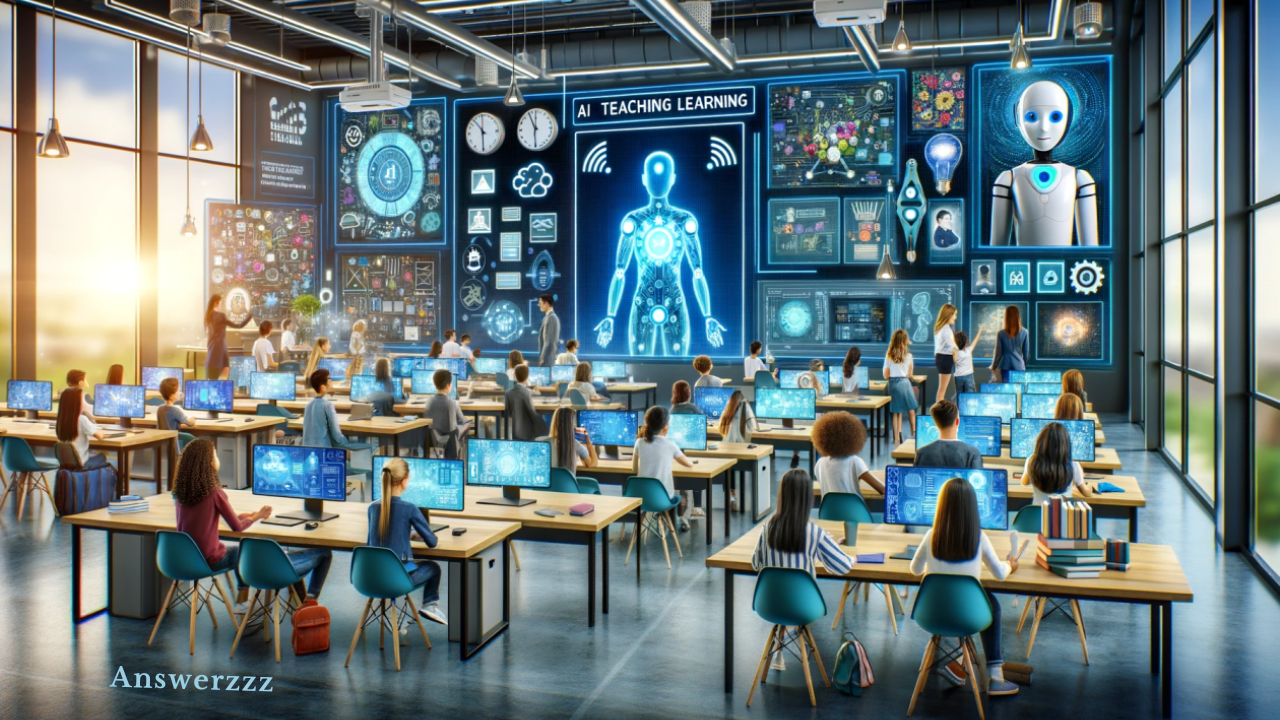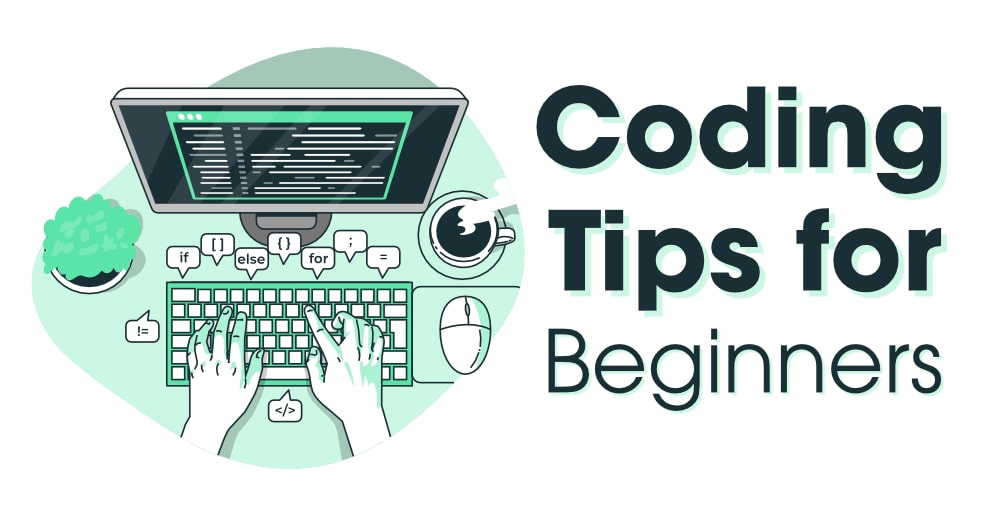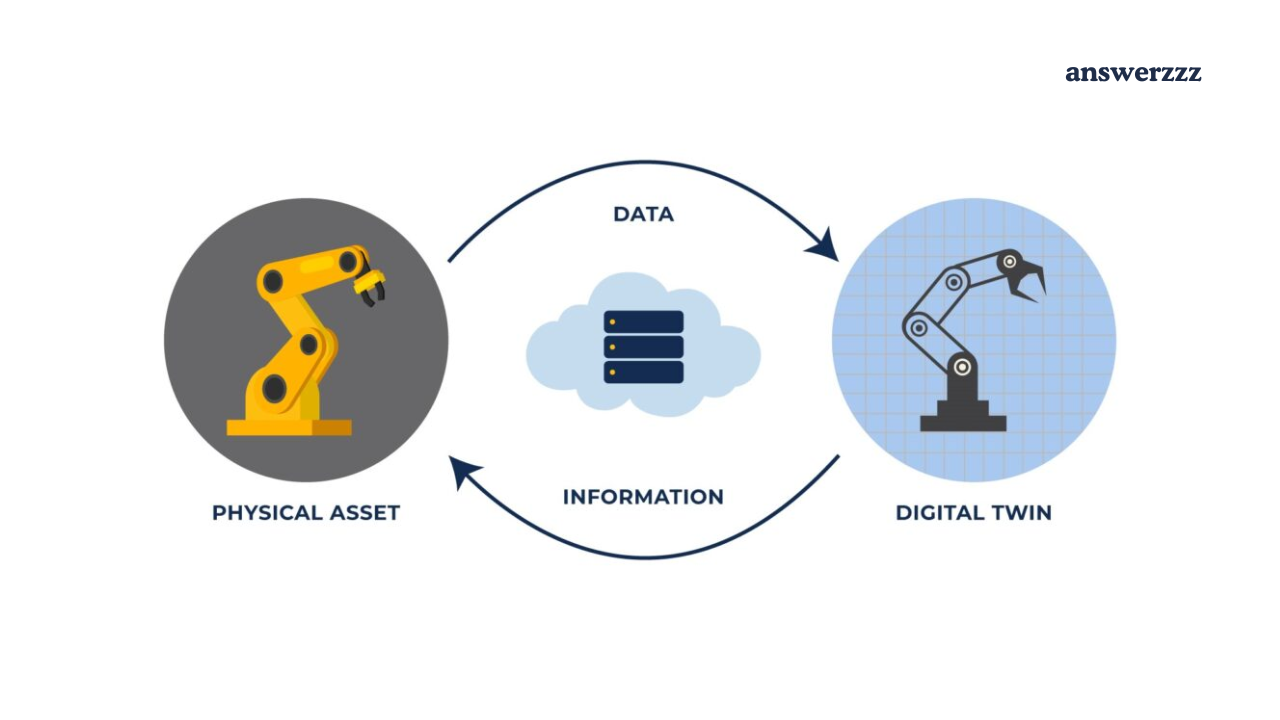In today’s rapidly evolving educational landscape, student engagement has emerged as a cornerstone of effective learning. Engaged students are more likely to succeed academically, exhibit higher retention rates, and develop critical thinking and problem-solving skills. With the advent of artificial intelligence (AI), educators are now equipped with powerful tools that can significantly enhance student engagement. This article explores various AI-powered tools and technologies that foster interactive learning environments, and personalized education, and ultimately lead to improved student outcomes.
The Importance of Student Engagement
Before delving into the specifics of AI tools, it’s essential to understand the concept of student engagement and its significance in the educational process. Student engagement encompasses the degree of attention, curiosity, interest, and passion that students show when they are learning. It affects their motivation to learn and their commitment to their educational activities. Engaged students are not only more likely to absorb and retain information but also to apply their knowledge effectively in real-world scenarios.
Research has shown that high levels of engagement can lead to improved academic performance, lower dropout rates, and a more positive attitude toward learning. Conversely, disengaged students may struggle academically and exhibit behaviours that hinder their educational experience. Therefore, fostering an environment conducive to student engagement is paramount for educators and institutions alike.
How AI Enhances Student Engagement
AI technology has the potential to revolutionize education by providing tools that cater to diverse learning styles and needs. AI-powered tools can create personalized learning experiences, offer instant feedback, and facilitate collaborative learning environments. By harnessing the capabilities of AI, educators can better engage students and create a more dynamic and interactive learning experience.
Personalized Learning Experiences
One of the most significant advantages of AI in education is its ability to provide personalized learning experiences. Traditional teaching methods often adopt a one-size-fits-all approach, which can leave some students behind while others become disengaged. AI-powered platforms can analyze individual student data, including performance metrics and learning preferences, to tailor educational content and resources accordingly.
For example, adaptive learning technologies use algorithms to assess students’ strengths and weaknesses, allowing for customized learning pathways. Platforms like DreamBox and Knewton adapt their lessons based on real-time data, ensuring that students receive the appropriate level of challenge and support. This personalization not only helps students grasp complex concepts but also keeps them motivated and engaged.
Interactive Learning Tools
AI-powered interactive learning tools can significantly enhance student engagement by fostering collaboration and communication among students. Platforms such as Kahoot! and Quizlet utilize game-based learning approaches, turning assessments and quizzes into engaging activities. These platforms allow educators to create interactive quizzes, polls, and challenges that students can participate in during class or remotely.
Moreover, AI can facilitate peer-to-peer interactions through discussion forums and collaborative projects. Tools like Microsoft Teams and Google Classroom enable students to work together on group assignments, share resources, and engage in meaningful discussions. The use of AI-driven chatbots within these platforms can further enhance communication, providing students with instant access to information and support.
Blockchain and IoT: Securing the Future of Connected Devices
Instant Feedback and Assessment
Timely feedback is crucial for student engagement, as it allows learners to understand their progress and identify areas for improvement. AI-powered assessment tools can provide instant feedback on assignments and quizzes, enabling students to learn from their mistakes and make necessary adjustments in real-time. For instance, platforms like Gradescope and Turnitin utilize AI algorithms to analyze student submissions and offer personalized feedback.
Additionally, AI can assist educators in grading assignments more efficiently, freeing up time for instructors to focus on instructional strategies that enhance engagement. By automating the assessment process, teachers can allocate more resources toward fostering a supportive and interactive classroom environment.
Virtual Reality (VR) and Augmented Reality (AR)
Virtual reality (VR) and augmented reality (AR) are innovative technologies that have gained traction in educational settings. When integrated with AI, these tools can create immersive learning experiences that captivate students’ attention and enhance their understanding of complex subjects. For example, VR platforms like zSpace and Oculus Rift allow students to explore 3D environments, conduct virtual experiments, and interact with educational content in a way that traditional methods cannot replicate.
AR applications, such as Google Expeditions and Merge Cube, enable students to visualize concepts and interact with virtual objects in their physical environment. These interactive experiences promote active participation and curiosity, making learning more engaging and enjoyable. By leveraging VR and AR in conjunction with AI, educators can provide students with hands-on experiences that foster deeper understanding and retention of knowledge.

AI Tutoring Systems
AI tutoring systems represent another powerful tool for improving student engagement. These systems utilize machine learning algorithms to provide personalized support and guidance to learners. Programs like Carnegie Learning and Squirrel AI offer intelligent tutoring that adapts to individual student needs, ensuring that they receive the assistance required to master specific concepts.
These AI tutors can offer explanations, practice problems, and targeted resources based on the student’s performance. By providing instant help and reinforcement, AI tutoring systems encourage students to take ownership of their learning journey, fostering greater engagement and motivation.
Gamification in Learning
Gamification is the integration of game-like elements into educational experiences to enhance engagement. AI can play a crucial role in gamification by creating dynamic and personalized learning experiences that motivate students. Platforms like Classcraft and Socratic leverage AI to incorporate game mechanics, such as points, levels, and rewards, into the learning process.
By turning learning objectives into quests and challenges, educators can capture students’ interest and encourage them to strive for mastery. The competitive aspect of gamification can also promote collaboration among students, as they work together to achieve common goals. This not only enhances engagement but also fosters a sense of community within the classroom.
Data Analytics for Engagement Insights
AI-powered data analytics tools can provide educators with valuable insights into student engagement levels. By analyzing data from various sources, such as attendance records, participation rates, and assessment performance, educators can identify patterns and trends that indicate engagement levels within their classrooms.
How AI is Helping Identify and Address Climate Change Issues
Tools like Tableau and Power BI enable educators to visualize data and make informed decisions about instructional strategies. For example, if data indicates a decline in engagement during specific lessons or activities, educators can adjust their approaches to better meet students’ needs. By leveraging data analytics, educators can continuously refine their teaching methods and create a more engaging learning environment.
Challenges and Considerations
While AI-powered tools offer numerous benefits for student engagement, several challenges must be addressed. First, there is the issue of access to technology. Not all students have equal access to devices and high-speed internet, which can create disparities in engagement levels. Educators must consider how to bridge these gaps to ensure all students can benefit from AI tools.
Additionally, educators need adequate training to effectively integrate AI technologies into their teaching practices. Professional development opportunities should focus on not only the technical aspects of using AI tools but also on how to leverage them to enhance engagement meaningfully.
Finally, ethical considerations surrounding data privacy and security must be taken into account. As AI tools collect and analyze student data, educators must ensure that this information is protected and used responsibly. Transparent data practices and clear communication with students and parents are essential to maintain trust and promote a positive learning environment.
The Future of AI in Education
The integration of AI in education is still in its infancy, but its potential for enhancing student engagement is immense. As technology continues to advance, we can expect to see even more innovative AI-powered tools and applications that cater to the diverse needs of students.

Future developments may include more sophisticated adaptive learning systems that utilize AI algorithms to create hyper-personalized learning experiences. Additionally, advancements in natural language processing and AI chatbots could facilitate more seamless interactions between students and educators, fostering a more collaborative learning environment.
Furthermore, the combination of AI with emerging technologies such as blockchain may revolutionize how educational achievements are tracked and validated. This could lead to more personalized credentialing processes, ensuring that students receive recognition for their unique learning journeys.
AI-powered tools have the potential to transform the educational landscape by enhancing student engagement and creating dynamic learning experiences. By leveraging personalized learning, interactive technologies, instant feedback, and data analytics, educators can foster an environment that promotes curiosity, collaboration, and active participation.
However, challenges related to access, training, and ethical considerations must be addressed to ensure that all students benefit from these advancements. As we look to the future, it is clear that AI will continue to play a pivotal role in shaping the way we approach education, ultimately leading to more engaged and successful learners. The journey toward improved student engagement through AI is just beginning, and the possibilities are limitless.
AI in Legal Tech: Streamlining Legal Processes for a New Era of Efficiency




